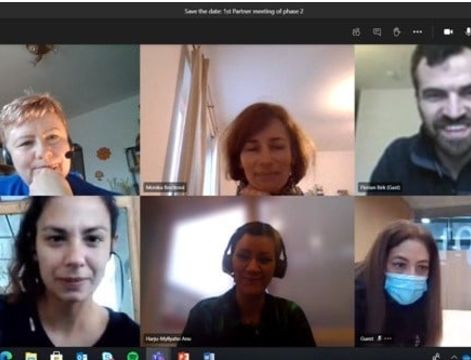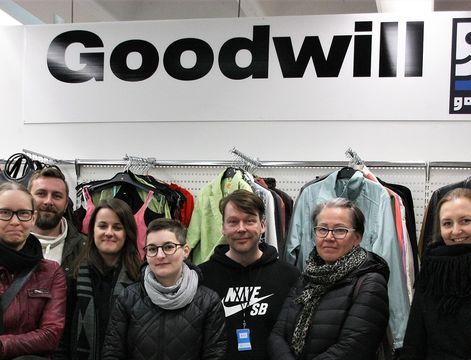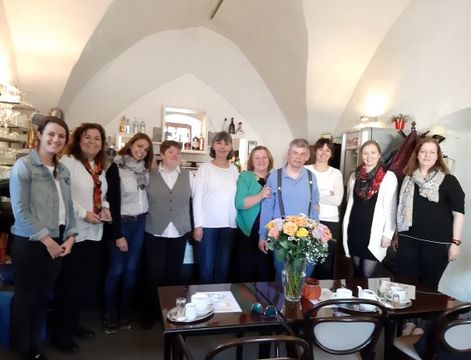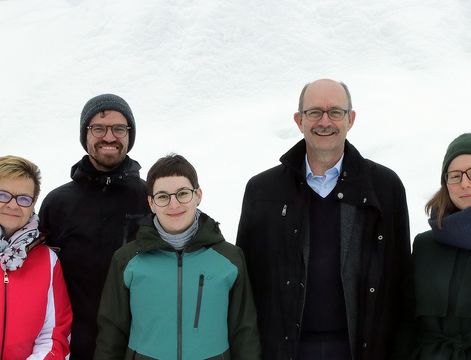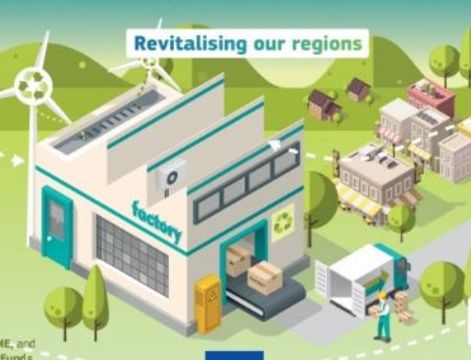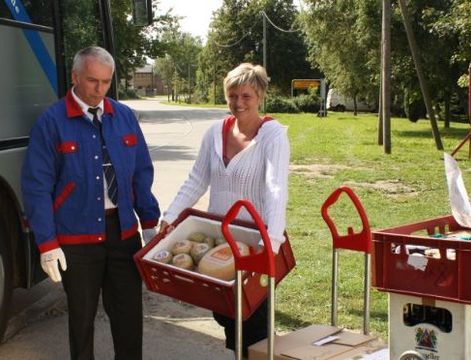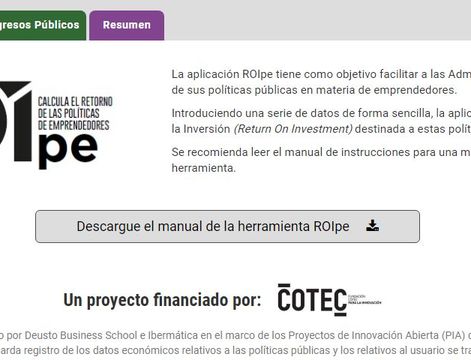On 08 June 2017 the members of the SOCENT SPAs working group took off to a two-day site visit through some of Brandenburg’s most sparsely populated territories, Barnim and Uckermarck. Averaging at a mere 39 inhabitants per square kilometre and a relatively high unemployment rate of 12.2%, which doubles the German overall average of ca. 6%, the Uckermarck in particular showcases how sparsely populated and remote rural areas are increasingly challenged by demographic (upward) shifts and the associated effects on basic infrastructure supply and social cohesion.
On the other hand, both Barnim and the Uckermarck are also home to a bonanza of initiatives that work towards improving their local situation and make the case for the potential of social innovation to generate change and perspectives where other approaches have not yet lived up to their expectations.
In the course of our study trip we learned :
• how freedom to experiment may constitute a crucial component for creating social and lasting innovation;
• that the interregional transfer of ideas and concepts can lead to enhanced employment opportunities and reducing the labour demand/supply mismatch; and
• that the perseverance of dedicated and determined individuals as well as a deep understanding for their local ecosystem and the potentials associated therewith lie at the core of transforming community life and social change.
08.06.2017: Social Entrepreneurship in Germany & Brandenburg – An introduction
The study visit started with an intense session on social entrepreneurship and social innovation in Germany. At their Berlin Lab Social Impact’s Thorsten Jahnke and Florian Birk presented on the current state of affairs and trends concerning sector-related issues as well as on Social Impact’s own efforts to promote social entrepreneurship not only in their eight labs across Germany but also de-centrally all over Brandenburg.
This introduction was followed and comprehensively amended by Mr. JörgJurkeit from Brandenburg’s Ministry for Labour and Social Affairs, Health, Women and Family, MASGF), who provided profound insights into the Ministry’s strategy and current efforts related to social entrepreneurship. Finally, Dr. Tobias Federwisch (Leibniz Institute for Research on Society and Space, IRS), a researcher on the project ‘Innovations in Rural Municipalities. Conditions, Actors and Processes of Creative Community Development”, provided for a very applied view on the current stated of social innovation research in Germany and beyond.

Social Innovation in Brandenburg
After a one-hour ride to Biesenthal, the project group enjoyed Lobetaler Bio’s home-made produce during a lunch atthe organisation’s Milchladen. Thomas Keller, Managing Director of the Hoffnungstaler Stiftung Lobetal, the umbrella organisation managing the operations of the dairy producing enterprise,then introduced the project group to what it takes to set up and continuously develop a successful and socially inclusive production company of organic and innovative dairy products. Of special concern was the issue of external sources of finance as social enterprises continue to face extra thresholds to fund their operations and/or further develop their service portfolio given the frequent limitations on profits and often hybrid organizational structures.

Altkünkendorf: A Case for Citizen Engagement
Altkünkendorf, a village of 160, lies beautifully embedded in the UNESCO World Natural Heritage Forest Buchenwald-Grumsin. With a remarkable 25 volunteers active in operating and further developing the village’s project to become the go-to education and tourist centre for the area Altkünkendorf has managed to not only maintain its population stock but to further increase the demand for living space in their community.
This is particularly remarkable as many of the surrounding communities continue to be plagued by an aging population and a lack of anchor tenants to attract new community members. To learn more about the region’s difficult situation and to find out how Alkünkendorf successfully challenged the region’s status quo the project participants met up with the village’s mayor Mr. Hans-Jürgen Bewer, Ms. Monika Stürmann, Local Advisory Committee, as well as the major of the district capital Angermünde, Mr. Frederik Bewer.
Here, we learned about the importance of individual engagement and the need for social innovations to be embedded in their communities. The project’s solutions have been driven by a clear vision, perseverance, determination and persuasiveness to capitalize on the community’s unique selling point (USP) (i.e. the stunningly beautiful forest area surrounding Altkünkendorf) and to create a sense of ownership among the community members to bring about social and lasting change


